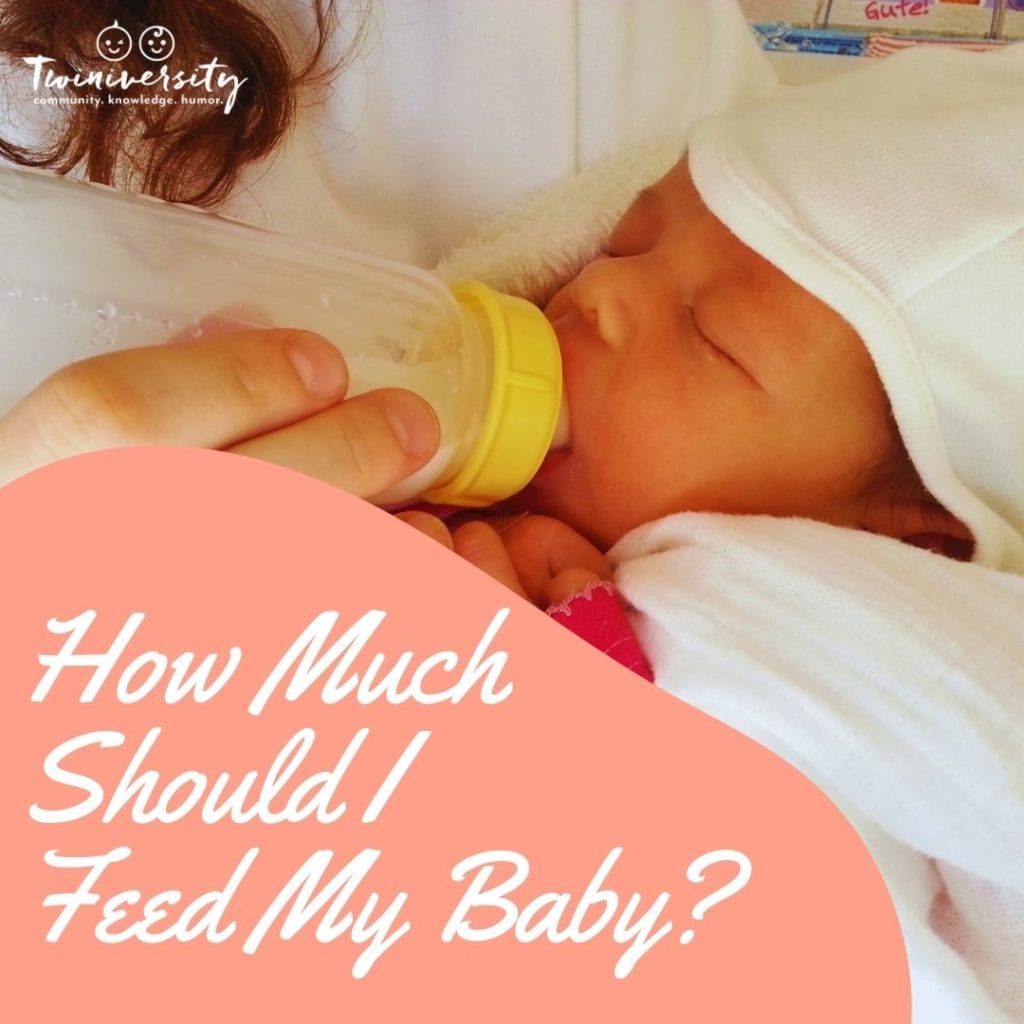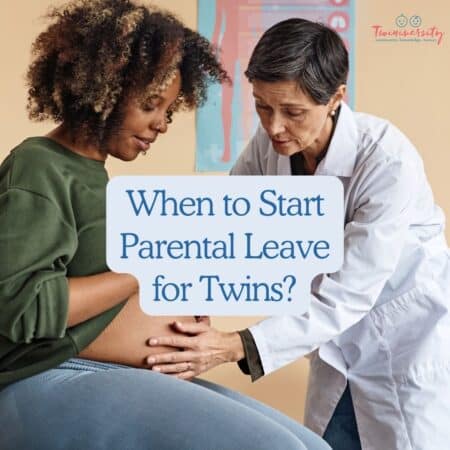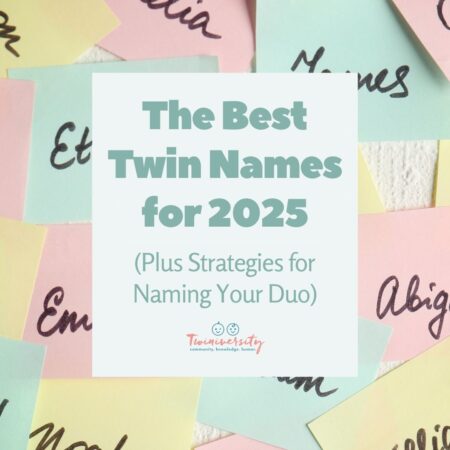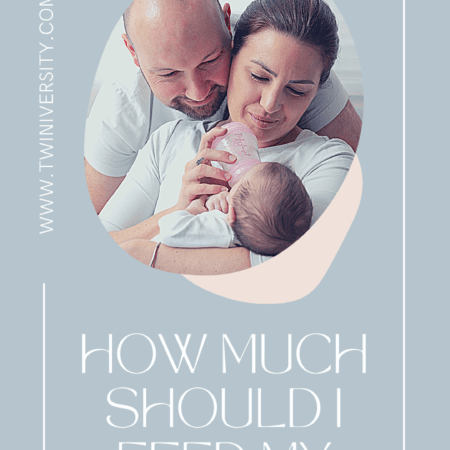
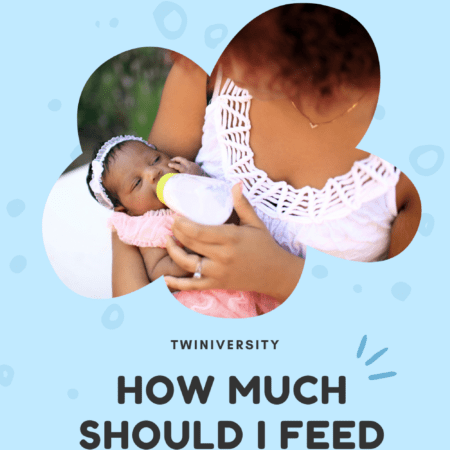

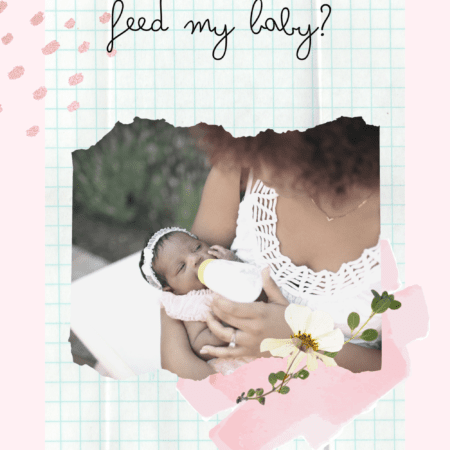
All content on Twiniversity, including medical opinion and any other health-related information, is for informational purposes only and should not be considered to be a specific diagnosis or treatment plan for any individual situation. Use of this site and the information contained herein does not create a doctor-patient relationship. Always seek the direct advice of your own doctor in connection with any questions or issues you may have regarding your own health or the health of others.
As a lactation consultant, one of the first things I get asked EVERY! SINGLE! TIME! when working with a new family is “How do I know they are eating enough?”. It’s perfectly understandable why any family would worry. It seems like hospitals are taking less and less time with a new family before discharge and honestly, it’s freaking me out a bit. While I truly love what I do, I can’t get to every family the moment they need me, so we’ve put together a cheat sheet of sorts to help you figure out how much you need to feed your baby and when.
While these are general estimates, there are many variables, especially in the multiple birth universe. Birth weight, gestational age, health, and more play factors in how much your baby can eat and when, so always speak to your doc, or discharge nurse for specifics before you leave the hospital or pediatrician’s office.
How much should your baby eat those first few days home?
The first few days will be a blur. They are no matter how many babies you have, but of course, if you have twins it’s exponentially more difficult. You’ll have two tiny mouths looking for nourishment all while you’re trying to heal and emotionally figure out what the word “mom” and “dad” mean and how you got here! Rest assured, Mother Nature is a craft lady and she’s made it so that your baby’s bellies are tiny and can only hold so much giving them that full feeling with less than they will need when they are older.
If you are choosing to breastfeed, you’ll notice that the first liquid that appears doesn’t look much like milk at all. It’s a nutrient-packed liquid called colostrum. This is so packed with calories and nutrients that it’s like having a whole Thanksgiving meal in one teaspoon. Getting this to your babies will fill them up, and fill them up well. When they are born, their belly is only as big as a marble so you actually DO have enough to feed ’em. If you are worried, you can still supplement with formula, but please, if you can get them to the tap (your breast) as often as you can. Feeding your infants doesn’t only help them, it helps you too. Magical things happen when you breastfeed both physiologically and physically. You can learn more about that in our twins breastfeeding class, but for now, trust me!
So those first few days, feed them as often as you can. Every two hours would be awesome, but don’t let even a minute pass three hours pass without a feed. That little marble does empty out and it needs to be filled. If the kids seem fussy with feeds, try some skin-to-skin before each feed to get them (and you) ready.
If you are bottle-feeding twins, you’ll start off with milliliters. You might start with 15ml and move your way up, but remember that 30ml=1oz and you need to start slow. There is no rush. You have to find the sweet spot in how much they can eat without spitting up. You wouldn’t overfill your gas tank, don’t overfill your babies.
30 ml=1 oz
Now, if your babies were in the NICU, hopefully, you would have been discharged with TONS of info (maybe there is an owner’s manual after all), or at least the phone number of the social worker there if you had any questions till you get to your pediatrician. They will tell you how much they need to eat on that first day, but what about the next day, etc. I like to think that my NICU families, have the benefit (trust me, you’ll look back and see the benefit of it someday) of getting a poop ton more specifics on how much they need to eat and when so make sure you follow your discharge instructions.
How many ounces should a baby eat chart?
It can seem very confusing and overwhelming to figure out how much to feed your baby and how often they should be eating. Take a look at this handy chart we created to give you an idea and hopefully ease some of your stress. Remember that as you add solid food to your baby’s diet they may drink a little less breast milk or fewer ounces of formula while they figure out this whole food thing. So that’s why you’ll see the numbers go down at the 6-month mark. IF your doc recommends to you, for whatever reason, to start solids later, then make sure you ask how much they should be drinking to supplement those calories.
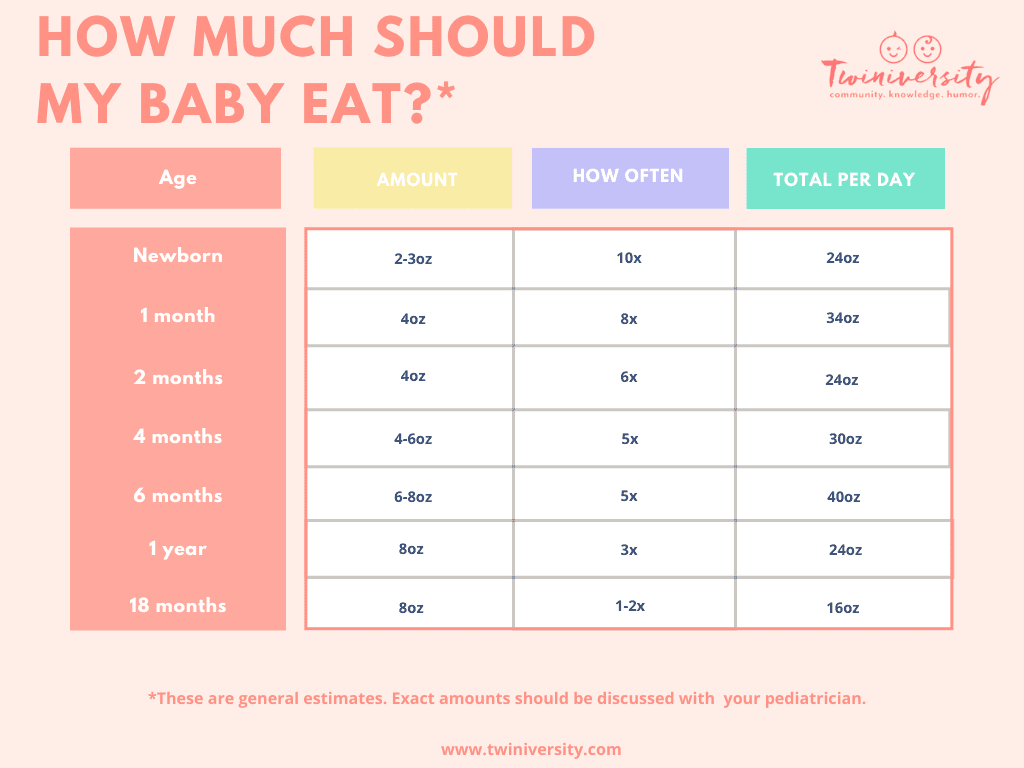
How much should I feed my baby calculator?
It can be hard to predict exactly how much your baby will be eating at any given age and there are so many variables including how they are fed, how much they weigh, and sometimes even the distractions around, however, Healthykids.org (the American Academy of Pediatrics website) reminds us that on-demand feeding is typically just fine for an infant. But, as you know, it’s pretty hard for twins so you can take that with a grain of salt.
While the chart above goes by age, when I visit a family, I use this chart based on the stats from the Healthy Children Project, Inc.:
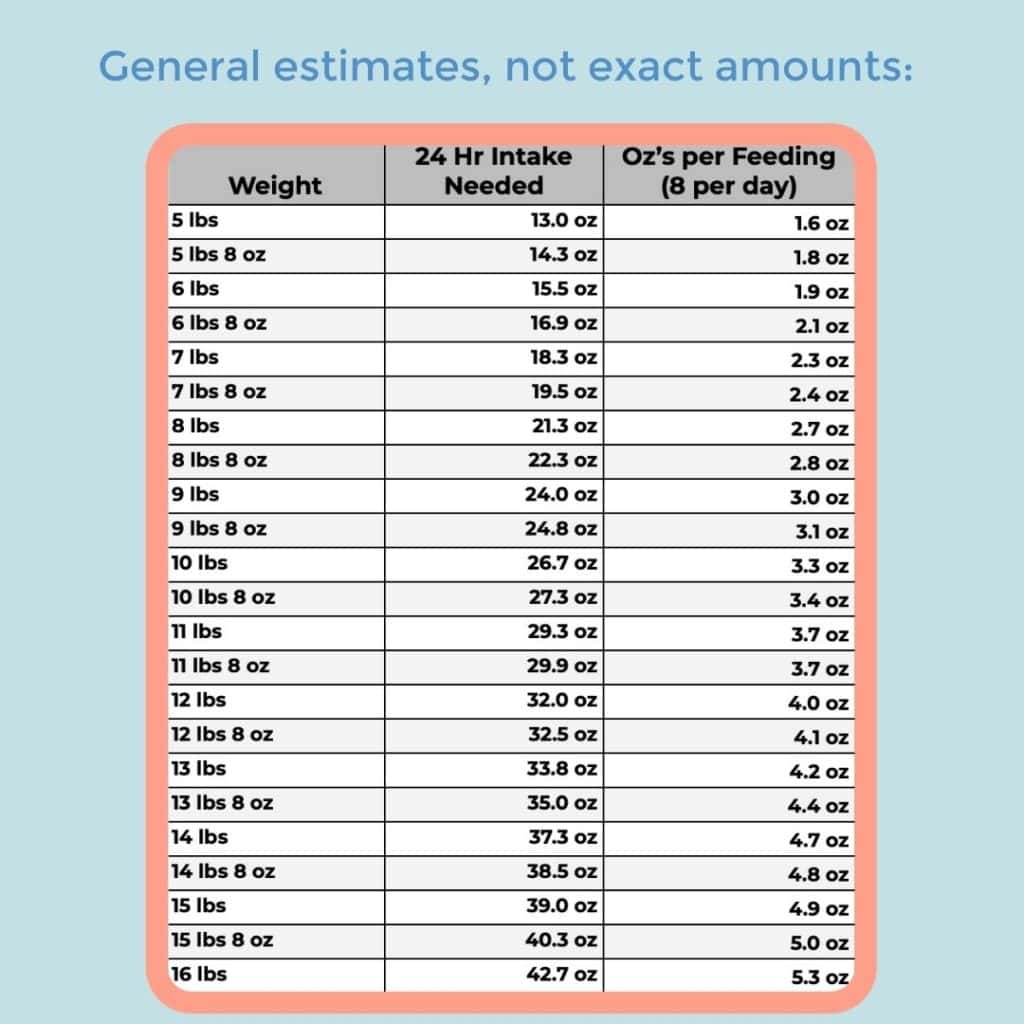
Of course, there are cases where your specific doctor demands that you stick to a strict feeding schedule for the health and development of your baby, So Yeah!, do that, but for the vast majority of newborns and infants, you can feed them according to the chart above. The reason it’s important to know is that tummies are only so big. You can’t expect a newborn to eat and eat and eat.
While there is no easy calculator, the basic guidelines above are a great place to start in addition to your own doctor of course. Remember that each baby is different and even with twins, one baby may consistently eat more at a time and/or more frequently than another.
How do I know when my baby is hungry?
Babies would be horrible poker players. We would win every hand because they have some pretty obvious “tells”. Since we are talking about feeding cues and not signs they are holding a pair of aces, let’s go over some very basic “tells” that your baby is hungry.
- Sucking on their hands
- Moving their faces back and forth against your skin (or their twin)
- Sticking their toungue out
- Opening their mouth wide and not in a yawn
- Fussy/Hangry!
Those are some of the most common, however, your baby may have a tiny whimper that you’ll soon learn is their hungry whimper. While many babies have tell-tale signs, you’ll learn your babies cues like the back of your hand, but it will take some time, so don’t worry.
In some cases where they might not have such obvious signs, you may need to feed your baby on a more rigid schedule. These babies are often premature and/or have medical needs. Your pediatrician will tell you if you need to feed your baby on a schedule like this, if your doctor does suggest this, it is often only short-term, so don’t panic! You won’t have two-hour feeds forever. The babies will mature and so will their schedule.
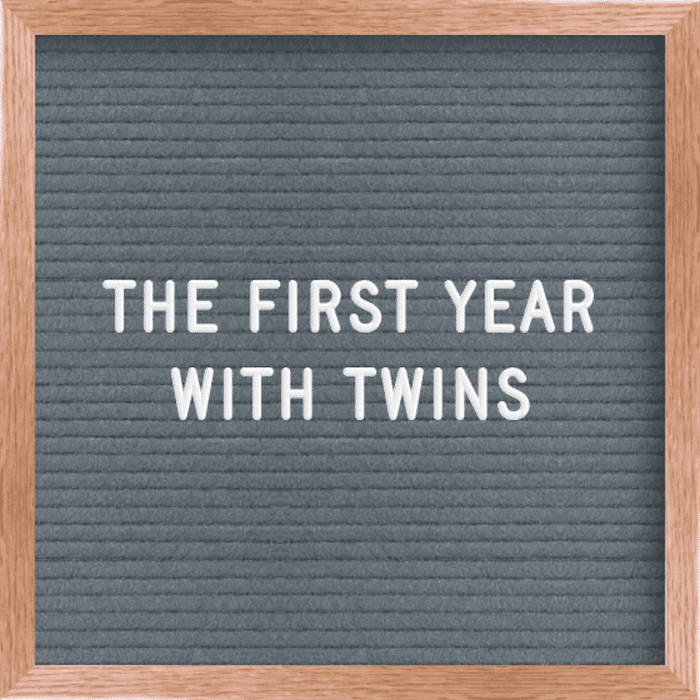
Stressing out with your infant twins? Let us help! Learn what to expect in the first year with twins, including tips, tricks, and advice from real twin parents who have been there. Click here to learn more… and while you’re at it, check out our twin parent coaching services and Twiniversity shop!
Why does my baby seem hungrier than usual?
Are you noticing signs of hunger in your little one that you didn’t see before? Did they use to be able to go two hours and now they are freaking out at the 90-minute mark?
There are two main reasons your baby might seem hungrier than usual. The first is the most obvious, maturity. Your baby will slowly be able to eat more and more as they grow. They start with just a couple of milliliters and end up with many ounces and by the end of the first year.
The second reason is a growth spurt. Babies are constantly growing but during a growth spurt, their growth is a bit more rapid and needs some bonus calories to support their growth. It is completely normal and nothing to worry about. If you are still worried, you can always ask your doc. They are used to stuff like this.

Need some twin parent friends? Get the support you need with a Twiniversity Membership. Benefits include a monthly twin parent club meeting on Zoom, access to a private Facebook group just for twin parents, and a video library of twin parenting lessons. Visit Twiniversity.com/membership to join today!
How do I know if baby is still hungry after feeding?
I hate to be the bearer of bad news, but a lot of parenting newborns is a guessing game. Sometimes you just won’t know. You figure they’re done eating, heck, they figure they’re done eating and, BOOM, 20 minutes later they’re hungry again and crying. That feels like me after a Chinese food dinner! So, what can you do? How can you be sure your baby is eating enough?
It will take some trial and error. And when they are very young, you may get into a grove and feel like you have it down, and then they will hit another growth spurt and they suddenly want to eat all the time and seem to always be STARVING.
Rest assured, they are not starving if you are feeding them plenty. Babies are dramatic, amirite?
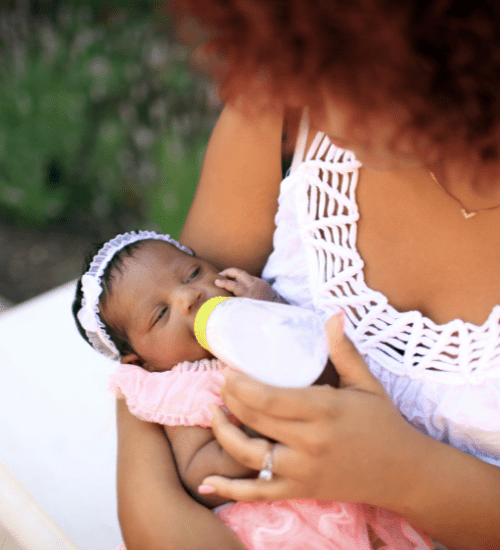
Can you overfeed a newborn?
Of course, it is possible to overfeed a newborn. Possible and likely are two different things, and it isn’t very likely that you are overfeeding your baby. Babies will usually stop eating when they are full. If they stop eating and fall asleep, we just put them down to sleep. See? It is close to impossible to overfeed a baby. There is a common saying that you can’t overfeed a baby with breast milk. This is mostly true, and it is also mostly true with formula-fed babies.
Full babies will turn their heads away from the breast or bottle. This is typically after you will notice they are taking longer and longer pauses during their feed. Once you get the hang of the feedings, it is fairly simple to figure out when your baby is starting to get full. Very young babies will typically fall asleep when they are done eating. Sleep is usually a good sign they are done and should be burped and put down to sleep safely.

There is an exception to every rule
That being said, there are times that you may need to wake a sleeping baby. For example, if your baby would prefer to sleep rather than eat, you may be instructed to wake your baby to feed and keep them awake until they eat the required amount. Oftentimes, preemies are more interested in sleep than food so you have to make sure you follow the specific guidelines for that specific baby.
I had to wake one of my twins, and then actively keep her awake until she finished her feeds for the first several weeks. More often than not, this will not be an issue. If it is, your pediatrician will talk to you about it at your appointment.
Figuring out how much to feed your baby can be a daunting task. The best way to figure this out is by consulting with your pediatrician, that is what they are there for. Don’t be afraid to ask a million questions and don’t start off by saying “I know this is a dumb question…”. There aren’t any dumb questions, you are still learning to be a parent to that baby or babies. Even if you had five kids before, that doesn’t mean that this time will go like it did the last time.
As a general rule. Every three hours is a good start in the beginning and you’ll graduate to a four-hour feed after a month or two, once your doc gives you the green light. If you are finding they are still hungry after every feed, think about these things: Are they falling asleep during the feed? Do they need to burp more? Did they spit up a lot over the past few hours and are hunger than usual? If they are fussy during a feed, is there anything you can do to make them more comfortable? Are they clean? Are they at a nice angle? The process of elimination is the #1 parenting game. You’ll get the change of it though. We all do.
Keep in mind that feeding your newborn is evolving. The amount of solid food, breast milk, even the number of ounces of formula your baby needs in a day will change as they grow. Introducing baby food will disrupt the feeding norms, as will dropping a nap during the day. Be flexible with feedings. Focus more on the sign of hunger and fullness cues than ounces per feeding when it comes to infant formula and breast milk.
Overall, follow your parenting instincts and if all else fails, call on your pediatrician to answer questions or concerns.

